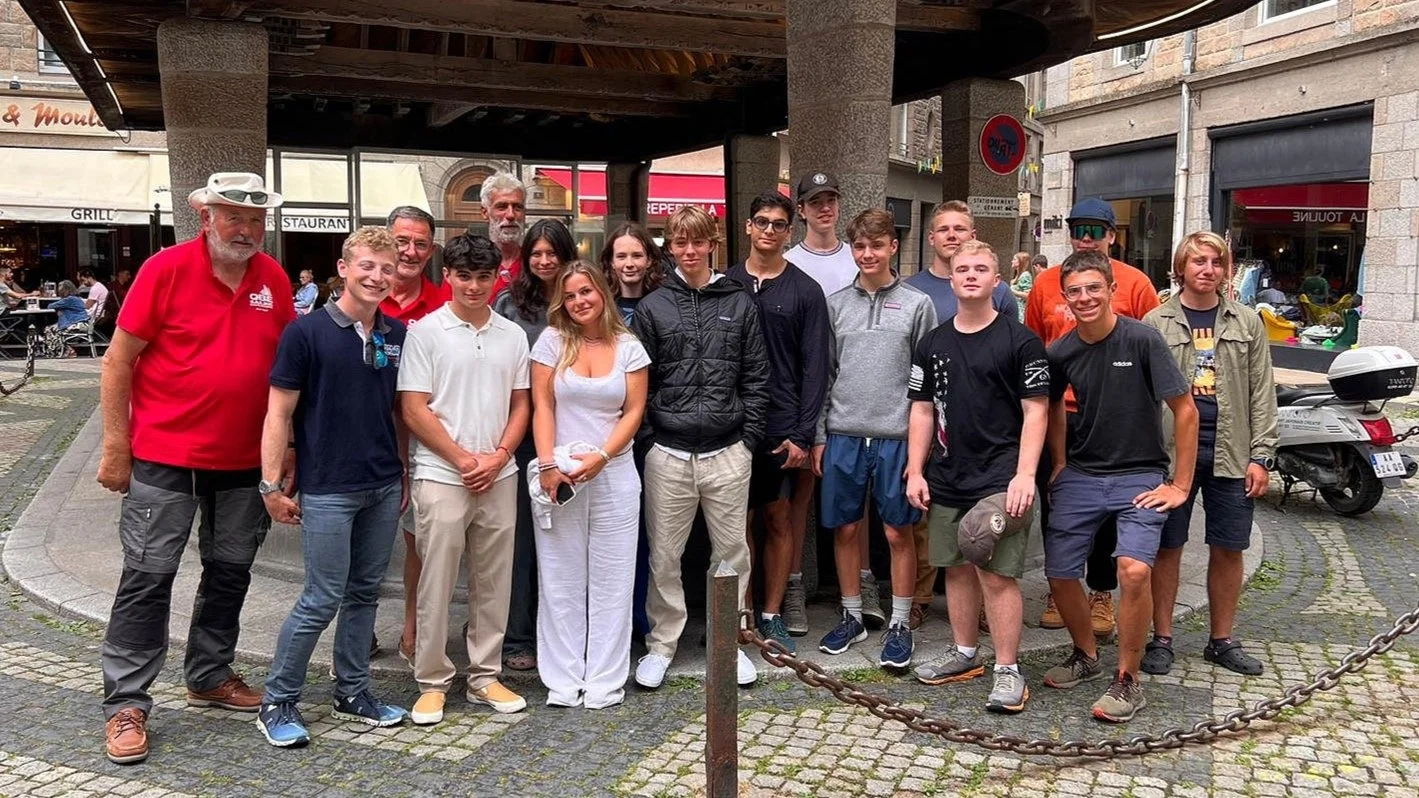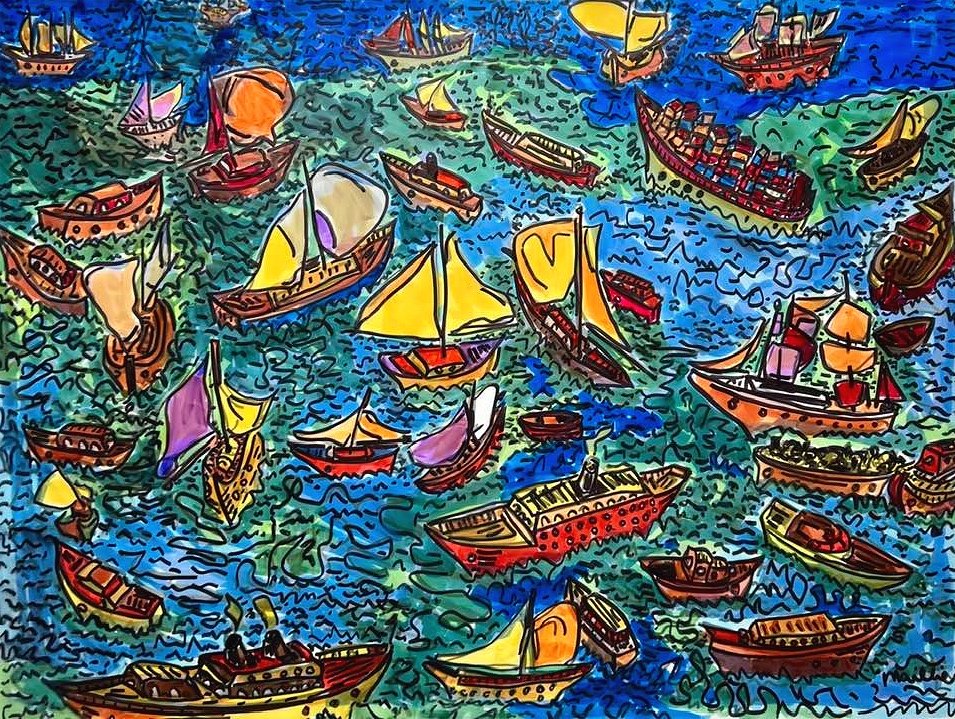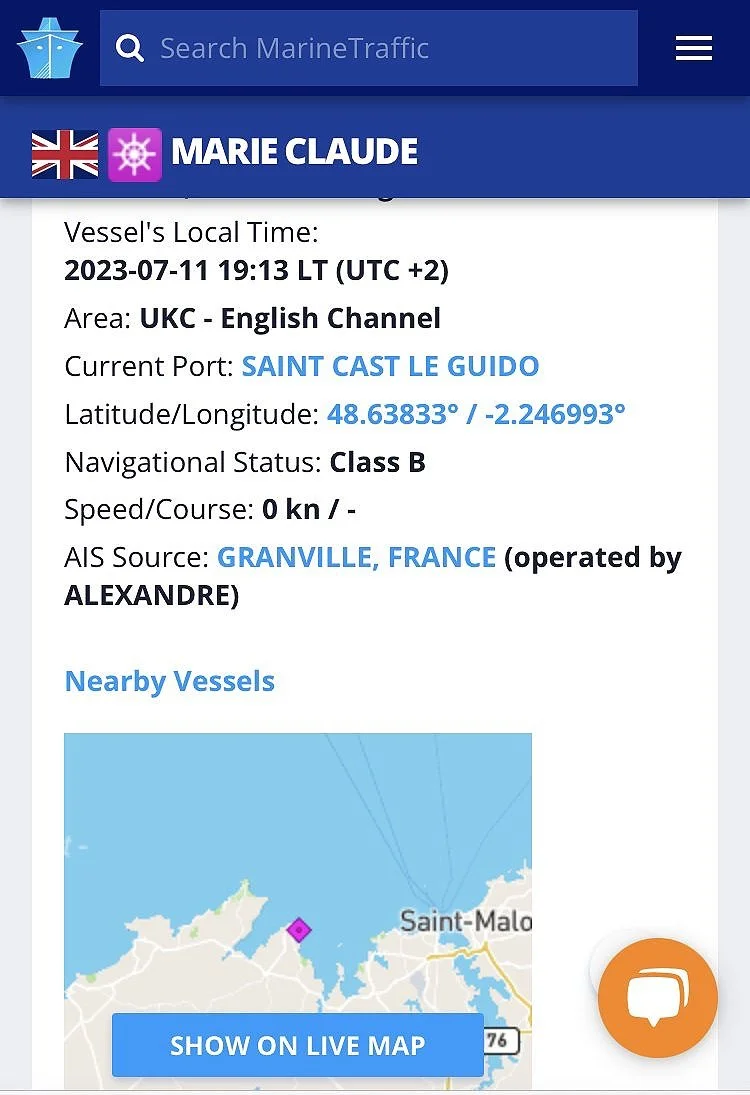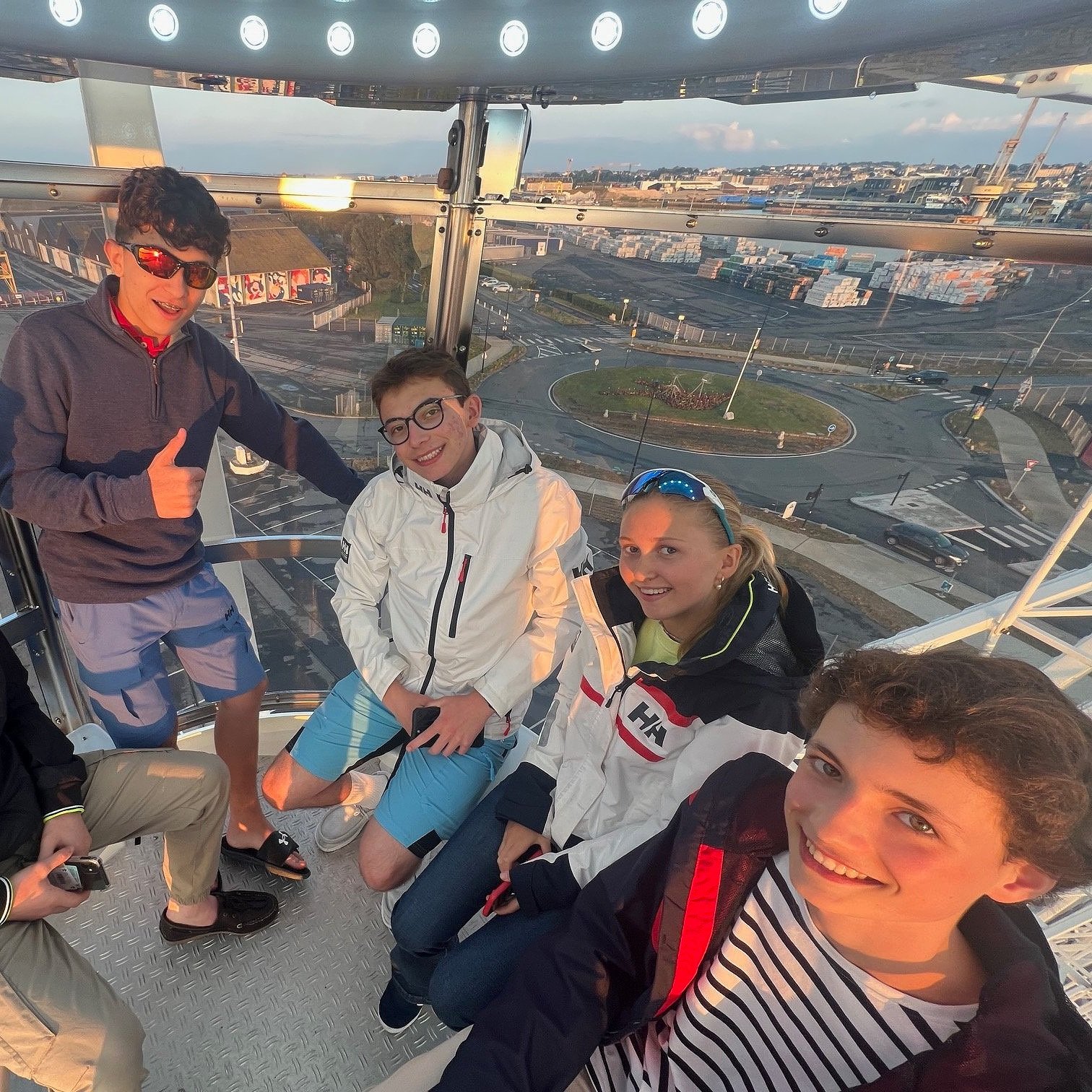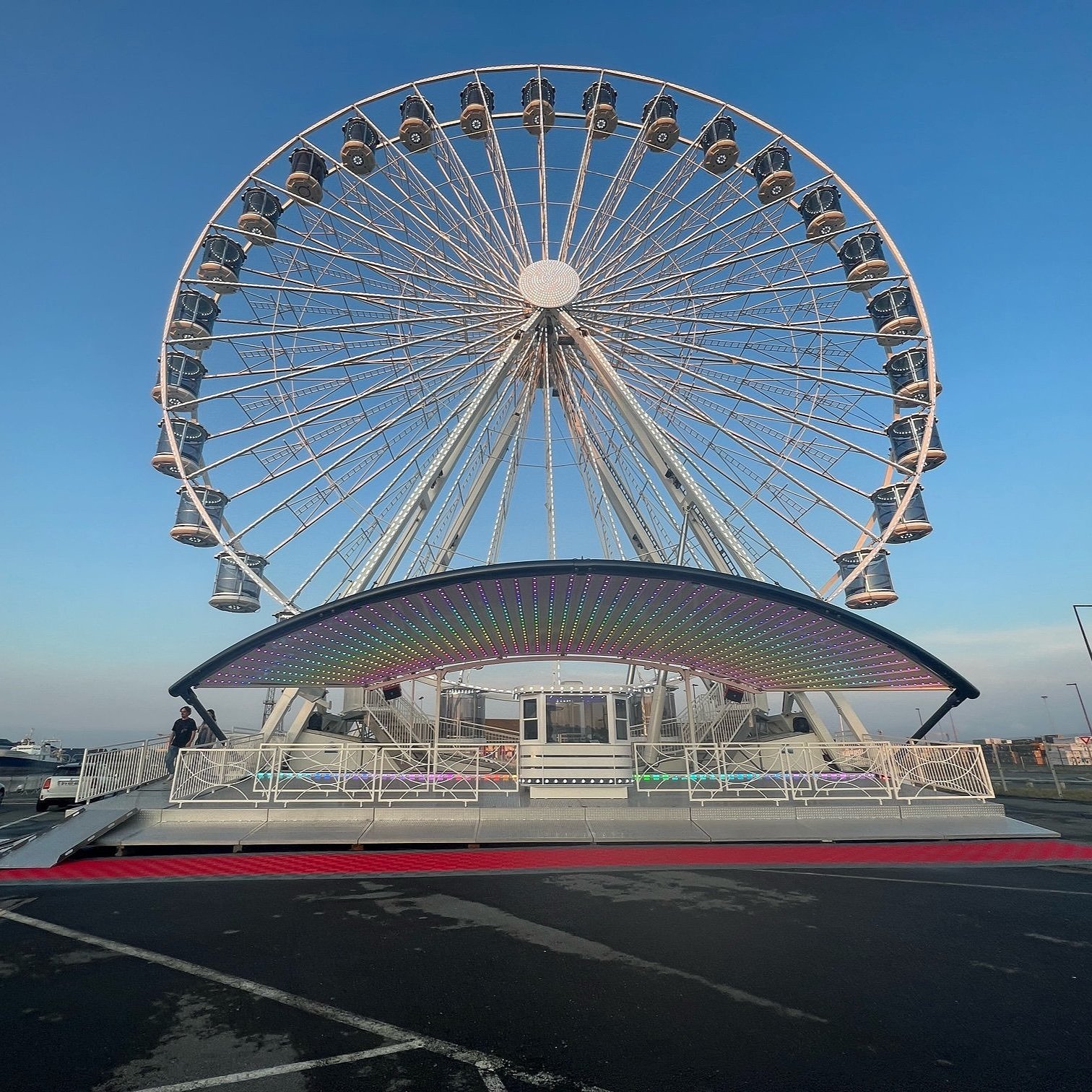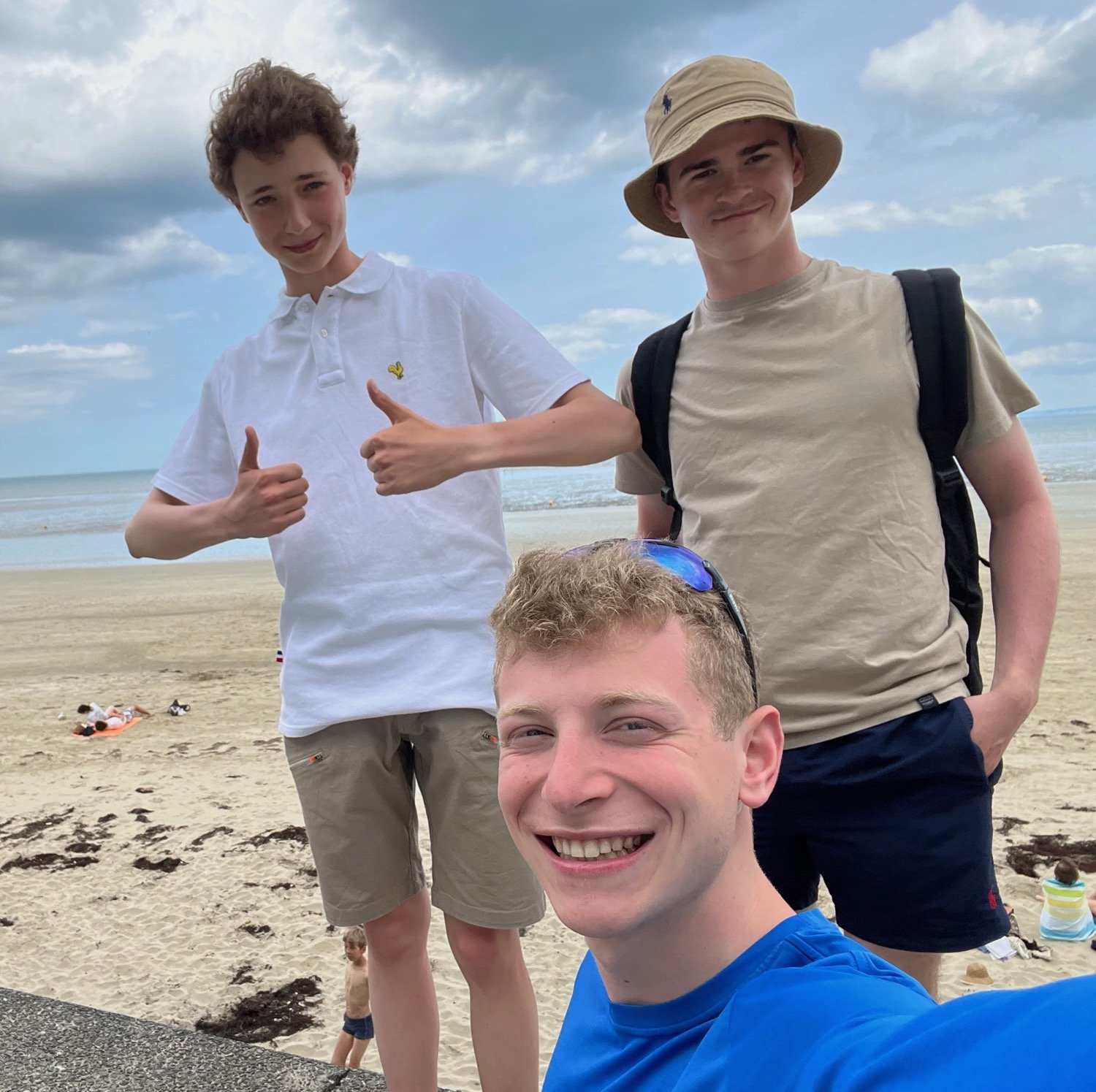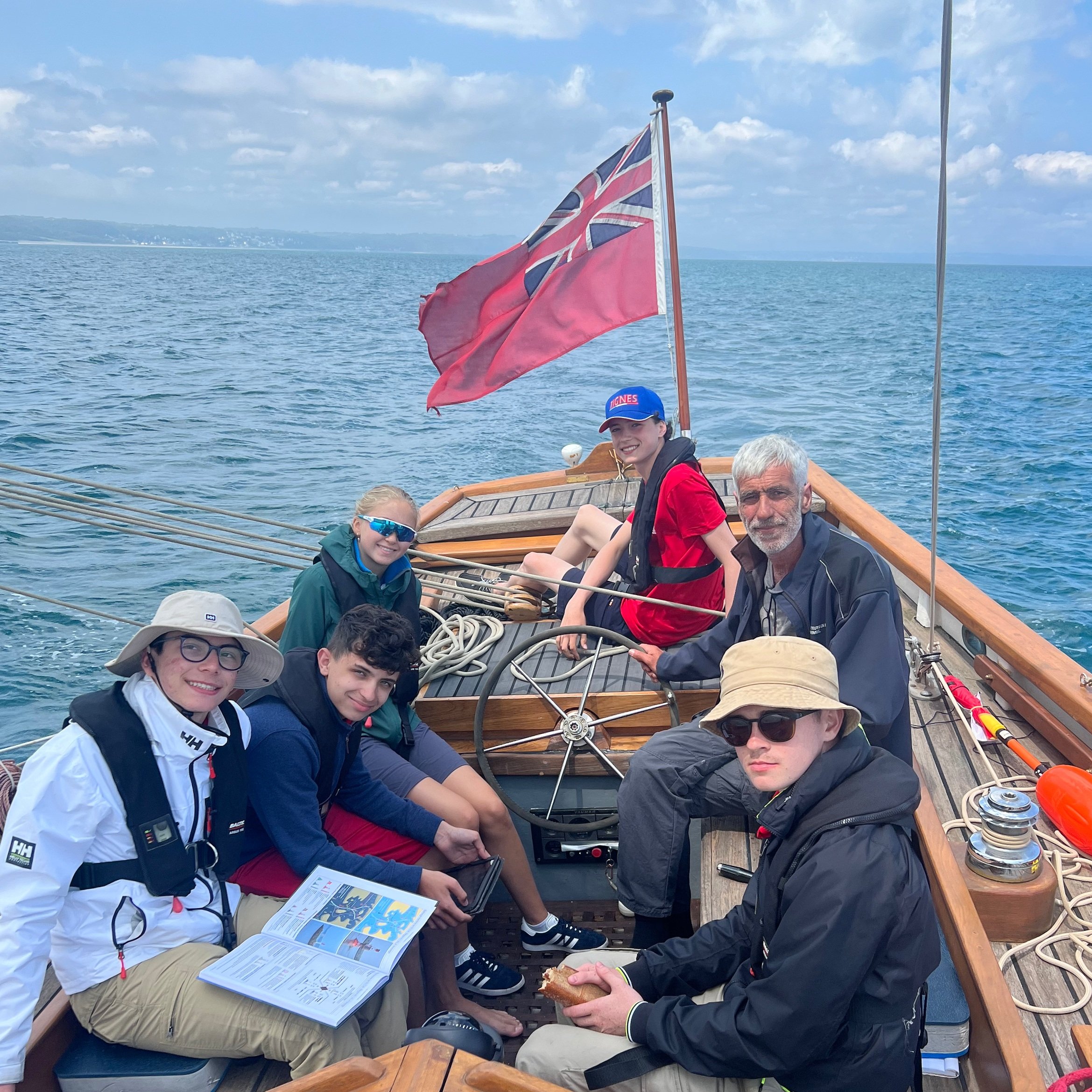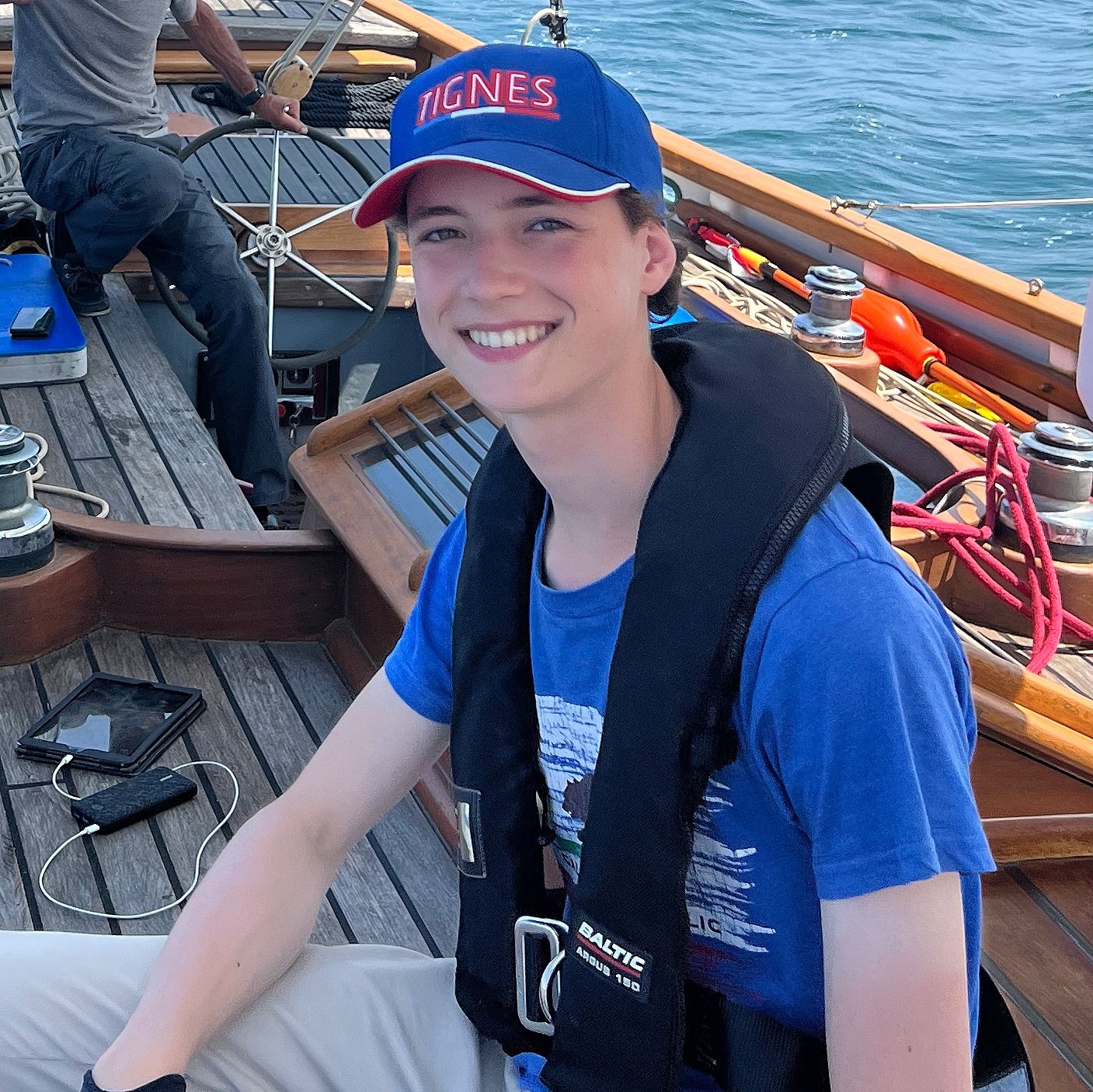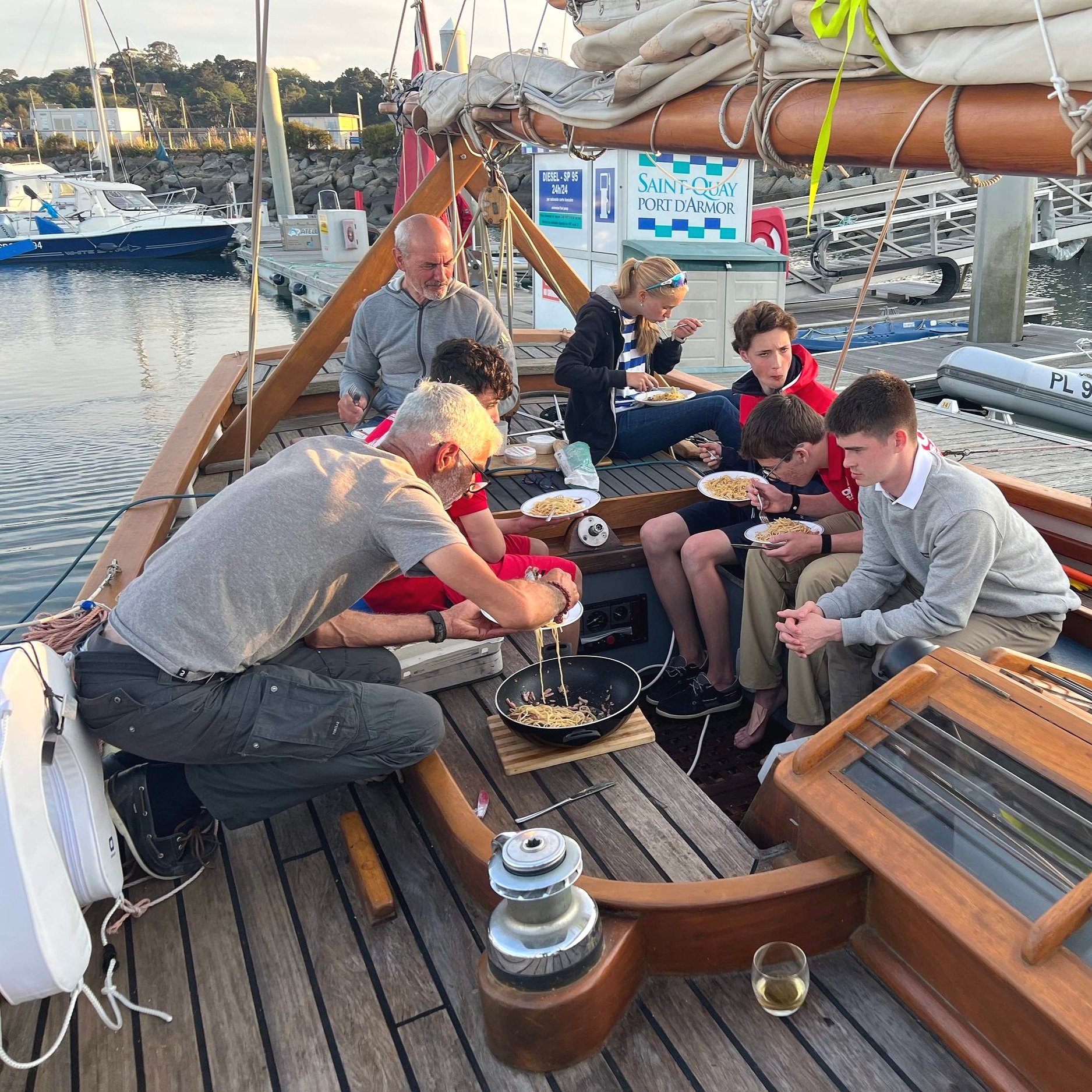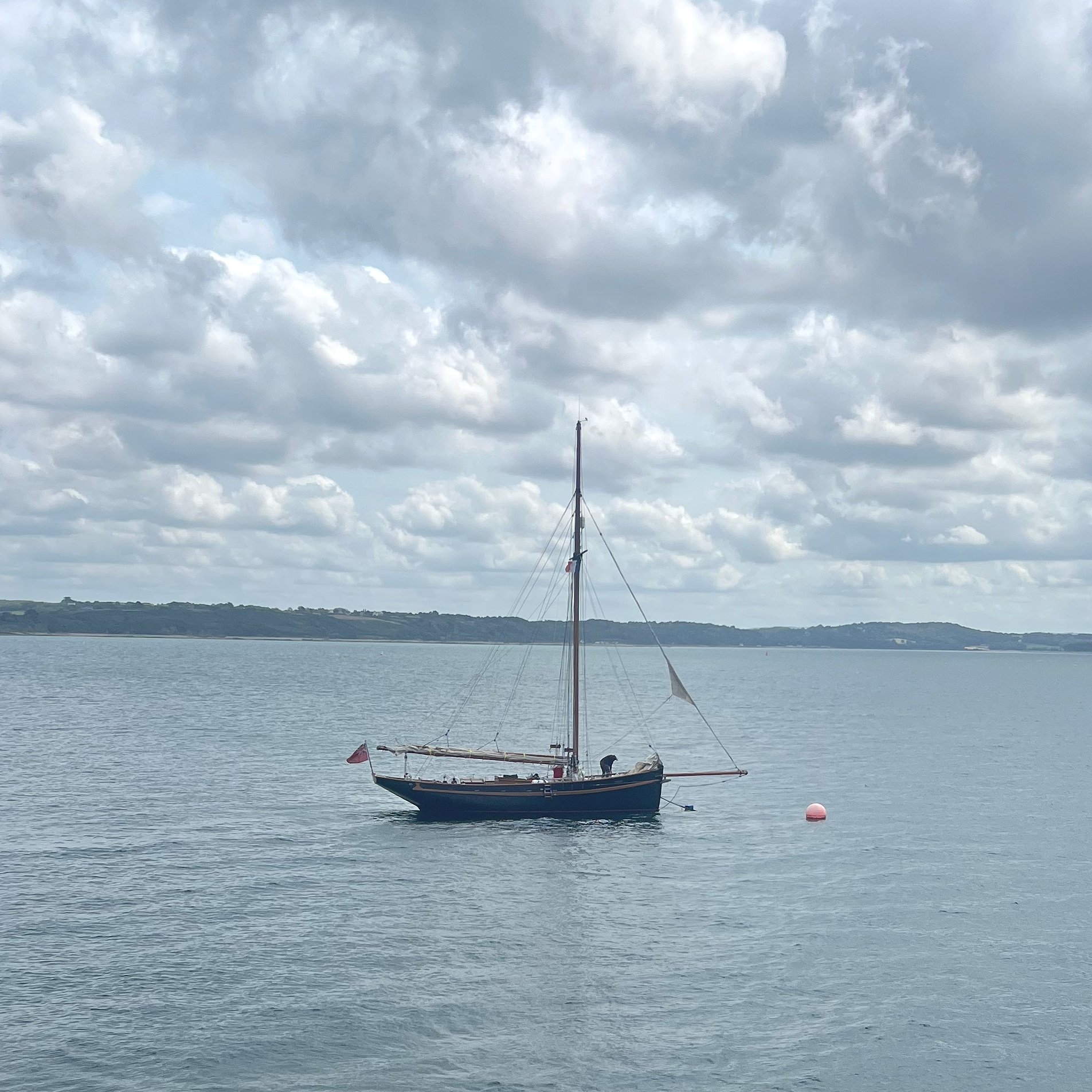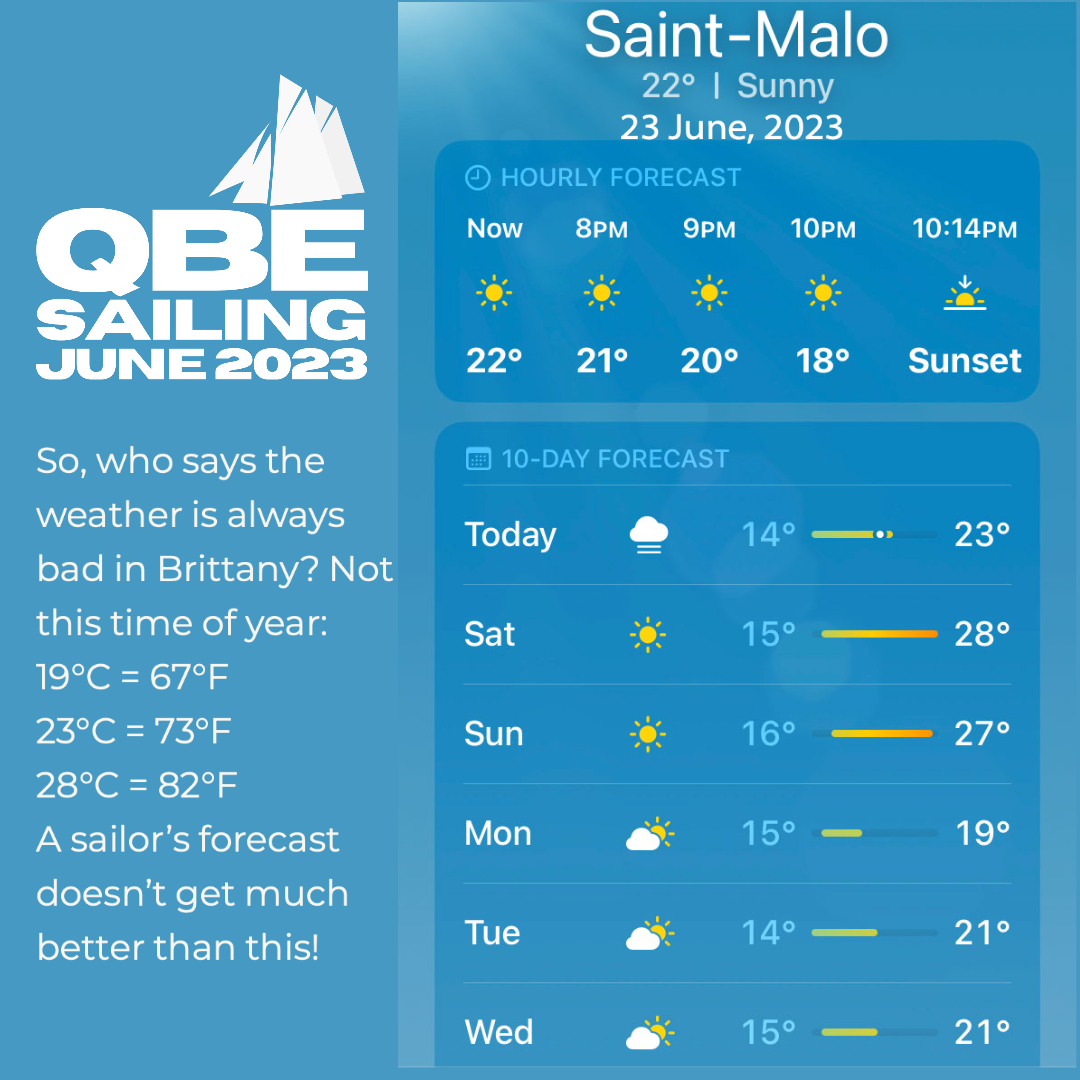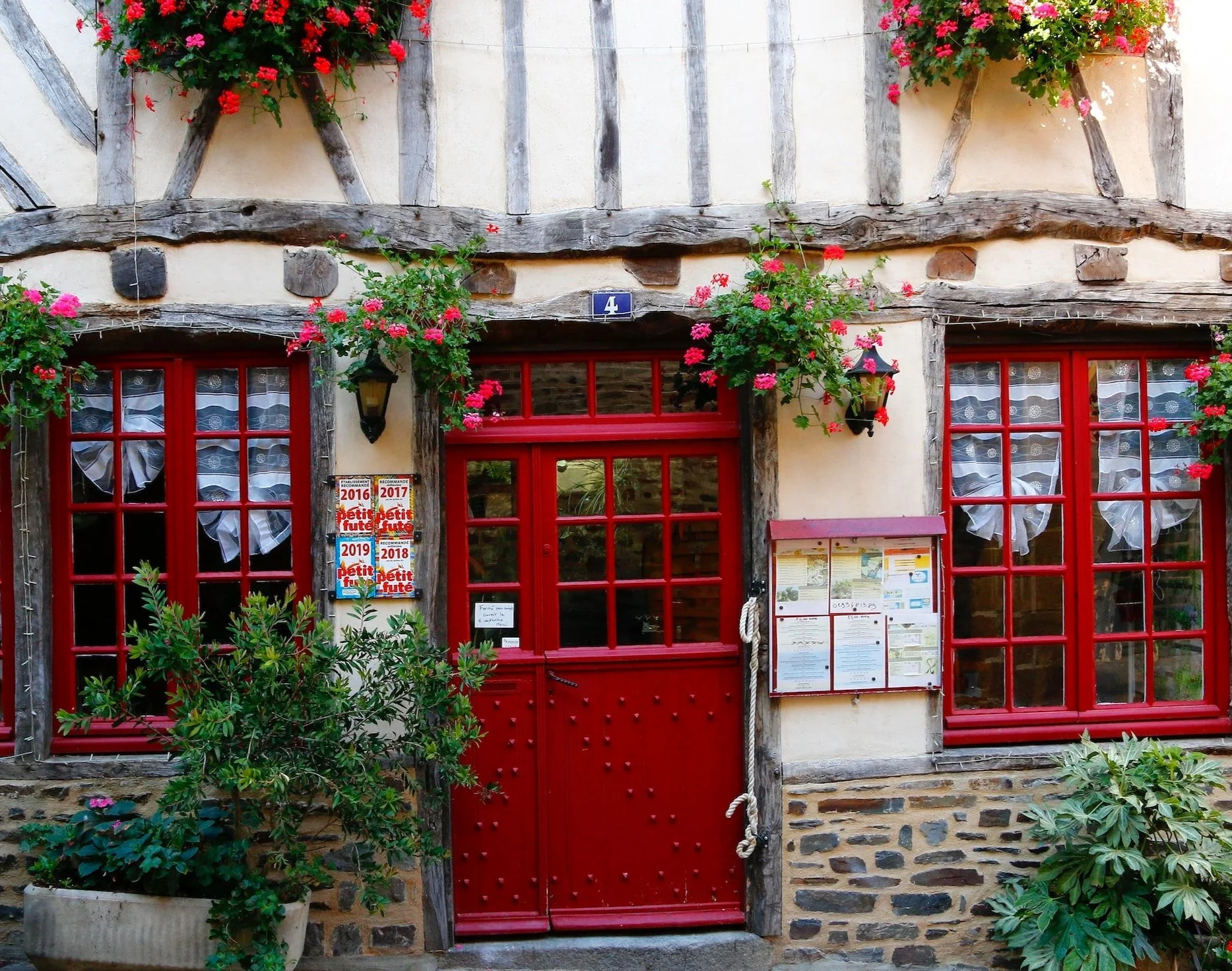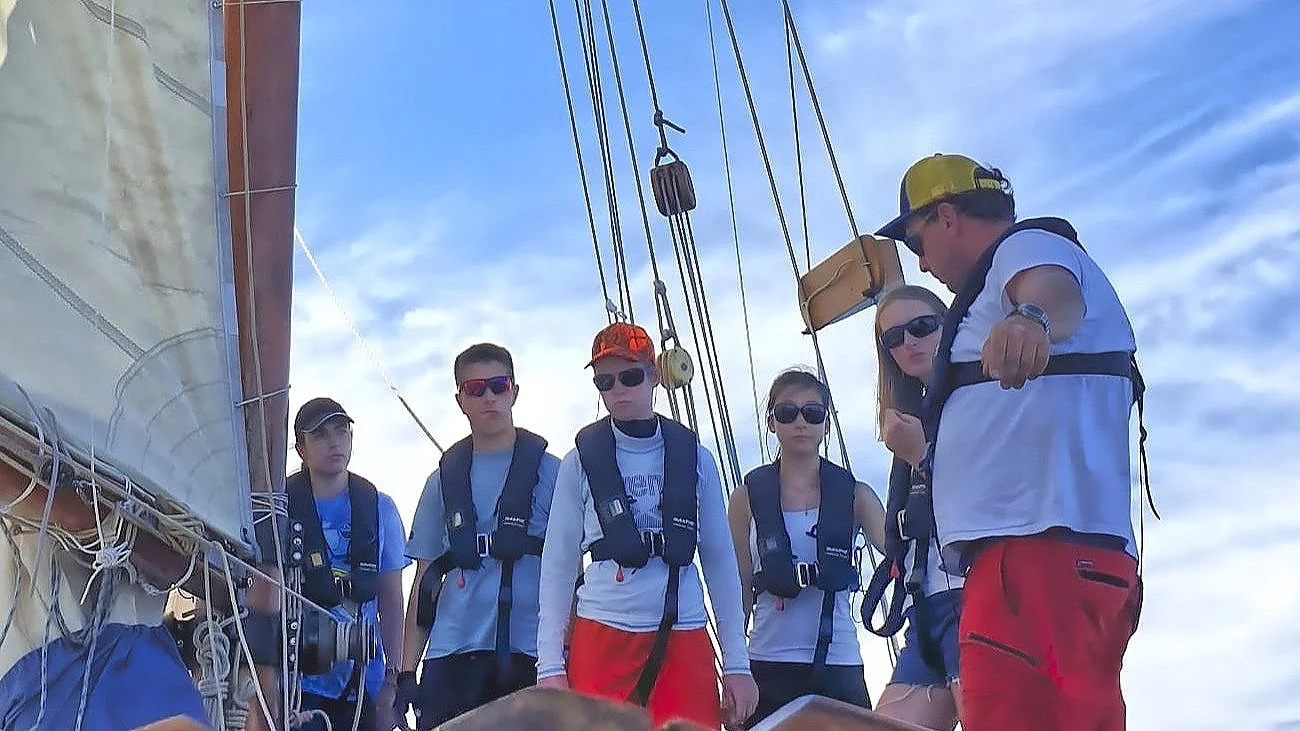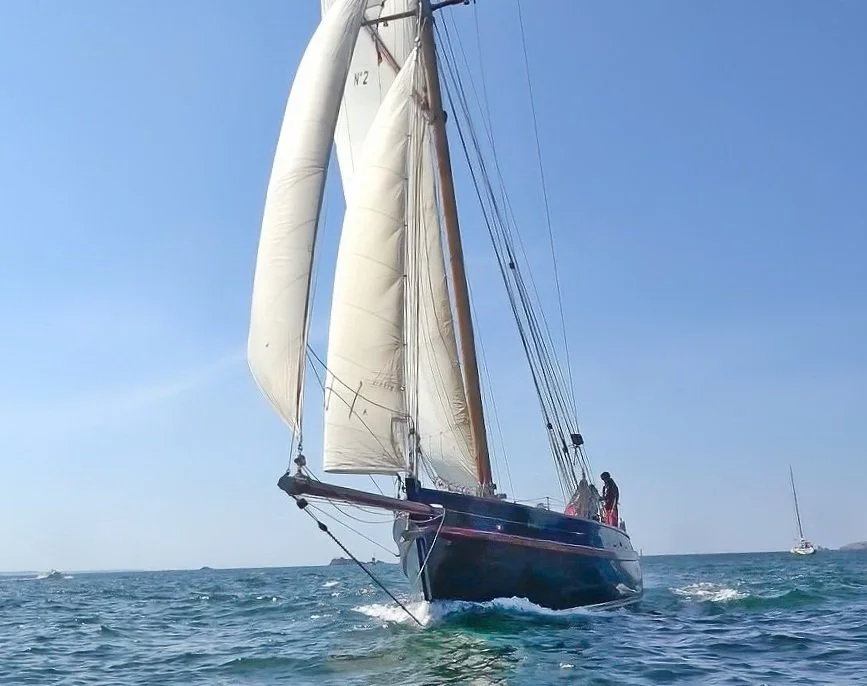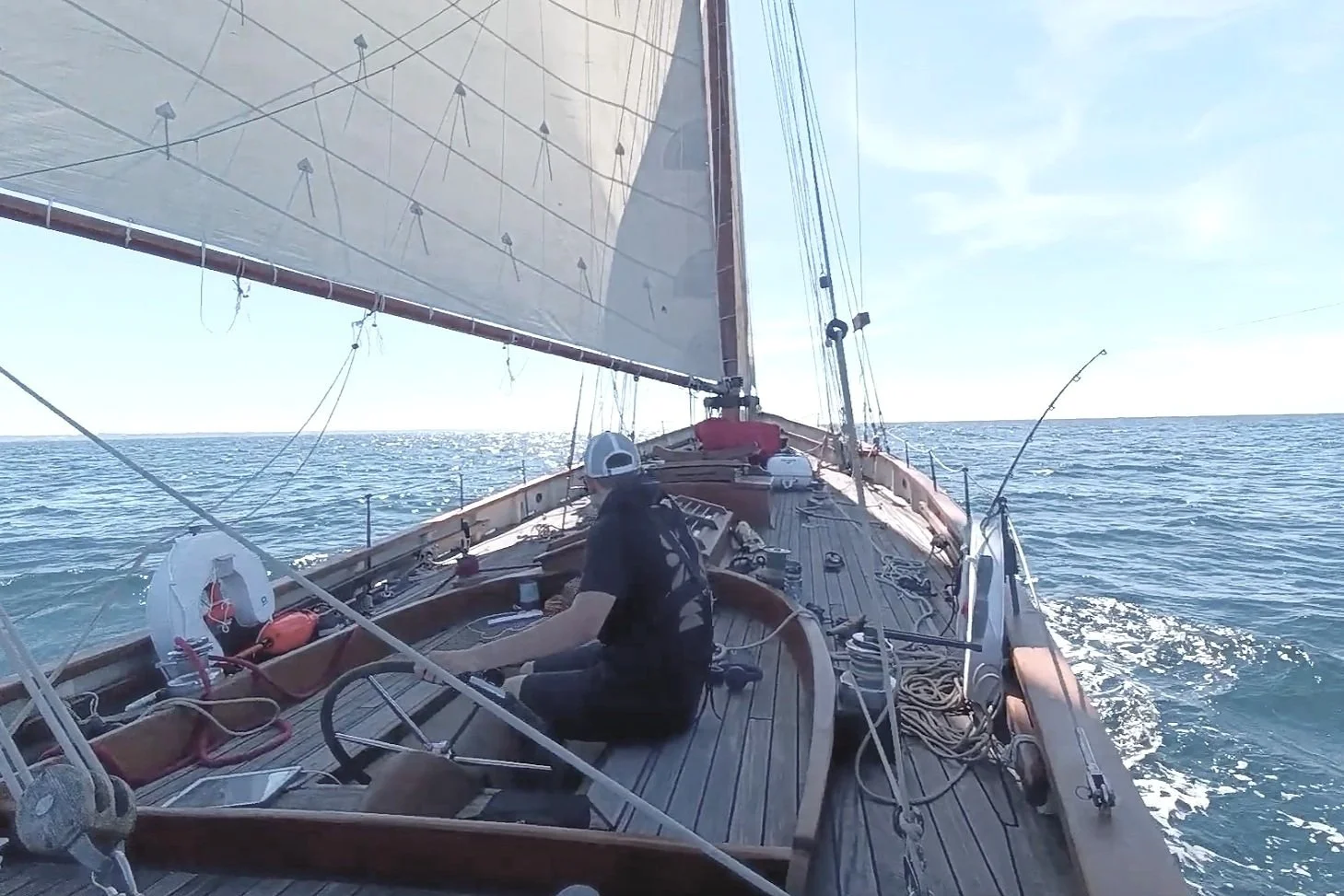So, like everybody else it seems, we couldn’t resist asking a generative AI chatbox to write some advertising copy for us. And here it is, headline and copy (with some of our own observations and comments in brackets):
Are you looking for a unique and exciting adventure for your teen this summer? Look no further than QBE Sailing Adventures For Teens… Our program offers teens the opportunity to fully immerse [AI apparently doesn’t mind split infinitives] themselves in the exciting world of sailing, while also experiencing [parallel construction alert!] the stunning beauty of the sea. With experienced and knowledgeable instructors, your teen will learn the ins and outs of sailing, from navigation and safety, to captaincy [Now there’s a word you don’t see very often] and teamwork. But that's not all. Our program also includes a variety of fun and engaging activities, such as snorkeling [✅], fishing [Well, we do troll for mackerel sometimes—why not?—but we don’t tout it as a selling point. The bot just made that up.], and even beach volleyball! [Whoa! We have NO IDEA where that came from. That’s never been a QBE thing. And once again it’s not mentioned in our advertising copy. Maybe the bot has a side hustle doing consulting?] Teens will have the chance to explore new environments, make new friends, and create unforgettable memories. And safety is always our top priority. Our staff are trained and certified in all necessary safety procedures, ensuring that your teen is always in good hands. So why choose QBE? …Because we believe in providing the best possible experience for our participants. We go above and beyond to make sure that every aspect of our program is top-notch, from the instructors to the boat equipment to the accommodations [Whoa, whoa, whoa! We don’t claim to be a luxury cruise line; in fact, that would be defeating the purpose.]. Give your teen the adventure of a lifetime and enroll them in QBE’S European Leadership School (ELS). References on request.
Hmmm. Very interesting. Still, J. Peterman probably isn’t shaking in his boots yet. Or maybe he is…
Suffice it to say, AI is impressive technology, but it doesn’t appear quite ready for prime time. So if you’re a non-native speaker of English who’s hoping generative AI can help you nail an English text, use caution. You still might want an Anglophone editor to check your work before you publish it, just to be safe. And as an aside, we wonder who owns the copyright to an AI-generated text?
BTW: As for ChatGBT’s beach volleyball idea, we’re going to think about that. After all, you spot a beautiful beach every time you look up when sailing along the Breton coast.
